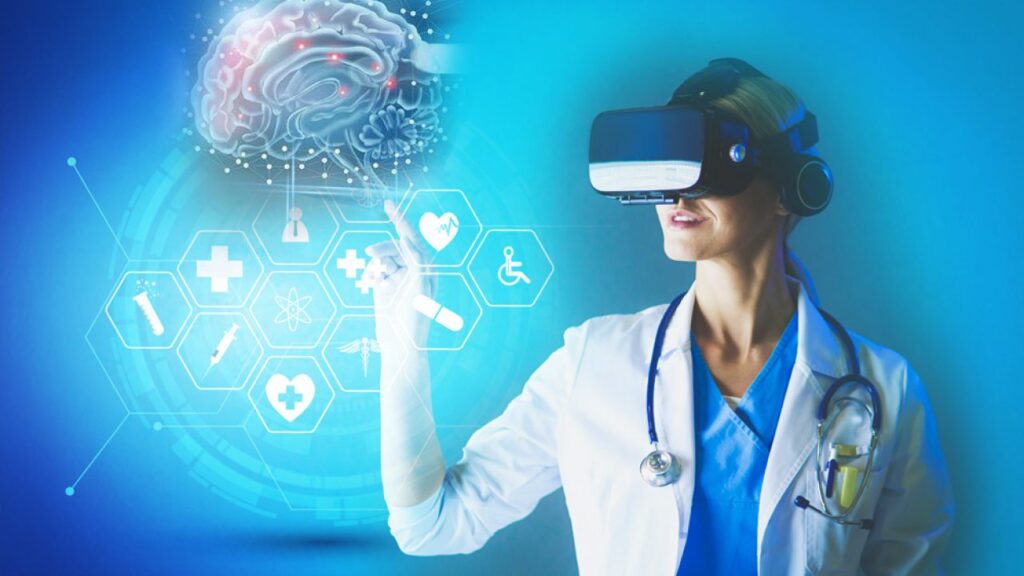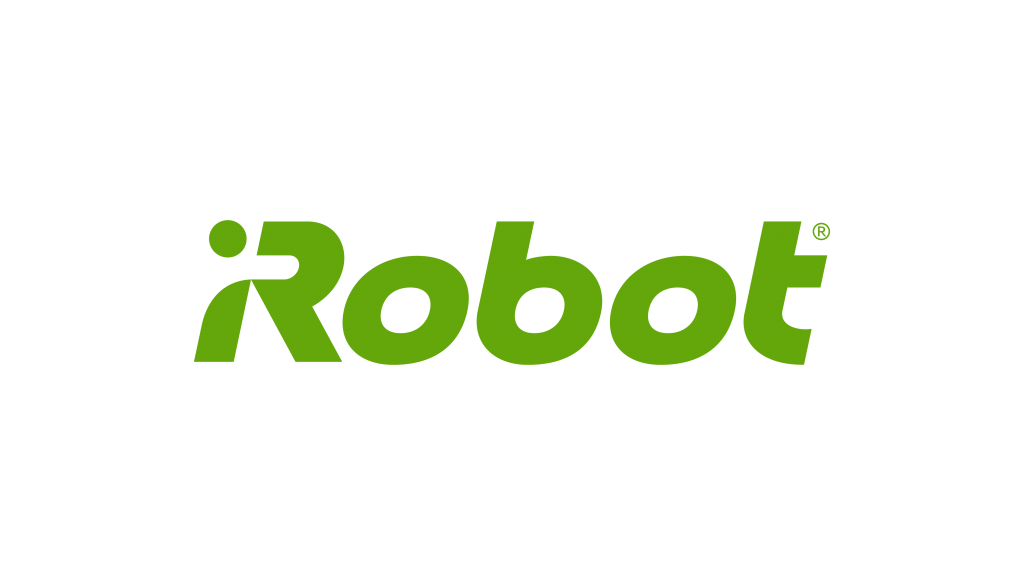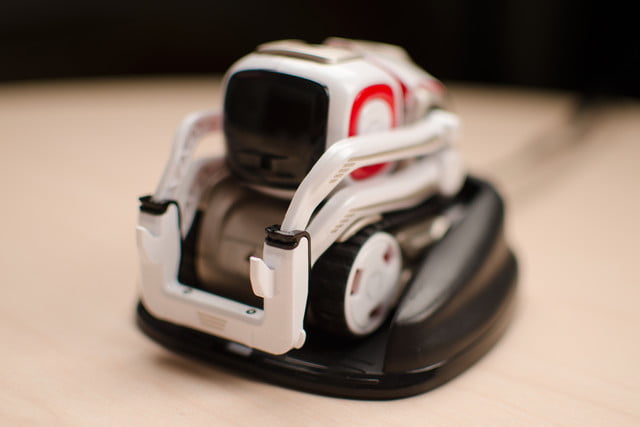AI and robotics are transforming healthcare. But How?
AI and robotics are revolutionizing the healthcare industry, bringing about transformative changes that enhance patient care, streamline operations, and empower healthcare professionals.
From diagnosing diseases to assisting in surgeries and managing patient data, these technologies are playing a pivotal role in shaping the future of healthcare.

One of the significant contributions of AI and robotics in healthcare is in the field of diagnostics. AI algorithms can analyze large volumes of medical data, including patient records, lab results, and imaging scans, to assist in the detection and diagnosis of diseases.
These algorithms can quickly identify patterns and anomalies that may be missed by human observers, leading to earlier and more accurate diagnoses. This not only improves patient outcomes but also helps in optimizing treatment plans and reducing healthcare costs.
Also Read: Why is Congress limiting the use of Chatgpt in the offices?
Robotic technology is also revolutionizing surgical procedures. Robotic surgical systems allow for minimally invasive surgeries with enhanced precision and control. Surgeons can perform complex procedures with smaller incisions, reducing post-operative pain, scarring, and recovery time for patients.
The robotic arms can provide greater dexterity and range of motion than human hands, enabling intricate procedures in hard-to-reach areas. Surgeons can also benefit from augmented reality (AR) and virtual reality (VR) technologies, which provide real-time guidance and 3D visualization, further enhancing their accuracy and efficiency.
In addition to diagnostics and surgery, AI and robotics are transforming patient care and monitoring. AI-powered chatbots and virtual assistants can provide immediate and personalized responses to patients’ queries, offering support and guidance.
Robots are also being utilized in patient care settings, particularly in elderly care and rehabilitation. Social robots can engage with patients, offering companionship and support. They can remind patients to take medication, encourage physical activity, and monitor vital signs. This not only improves the well-being of patients but also reduces the workload on healthcare providers.
Another crucial area where AI and robotics are making a difference is in managing and analyzing large volumes of healthcare data. AI algorithms can mine electronic health records, clinical trial data, and medical literature to identify trends, patterns, and potential correlations. This wealth of information can help researchers and clinicians make evidence-based decisions, identify risk factors, develop personalized treatment plans, and discover new therapies.
Furthermore, AI-powered predictive analytics can help healthcare systems anticipate disease outbreaks, allocate resources efficiently, and optimize preventive strategies. By analyzing historical data and real-time information, AI algorithms can identify populations at risk and predict disease progression, enabling proactive interventions and saving lives.
In conclusion, AI and robotics are transforming healthcare by enhancing diagnostics, revolutionizing surgery, improving patient care and monitoring, optimizing data analysis, and enabling predictive analytics. These technologies hold tremendous potential to improve patient outcomes, increase efficiency, and reduce healthcare costs.
As they continue to advance, it is essential to strike a balance between technology and the human touch, ensuring that AI and robotics augment healthcare professionals rather than replace them, and ultimately, provide better care for patients.

I am a law graduate from NLU Lucknow. I have a flair for creative writing and hence in my free time work as a freelance content writer.







